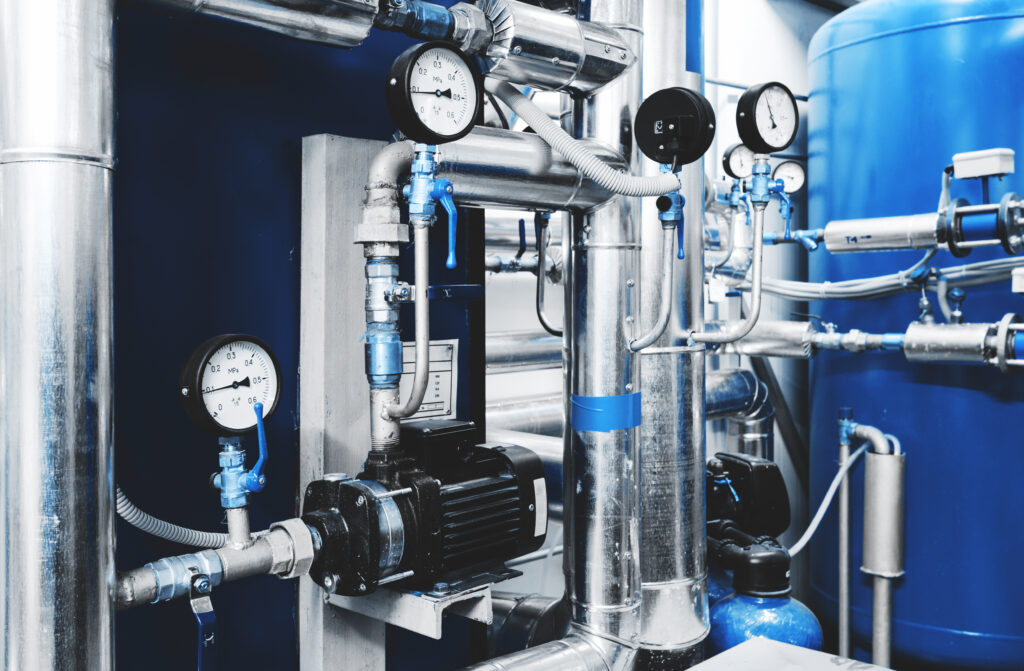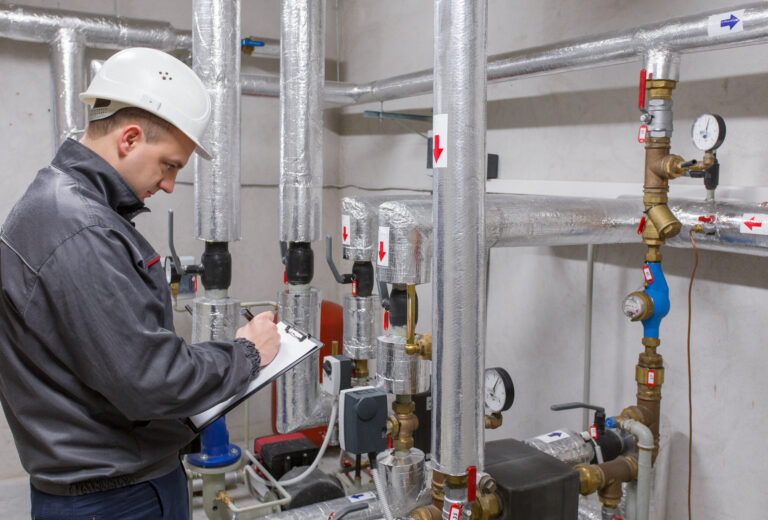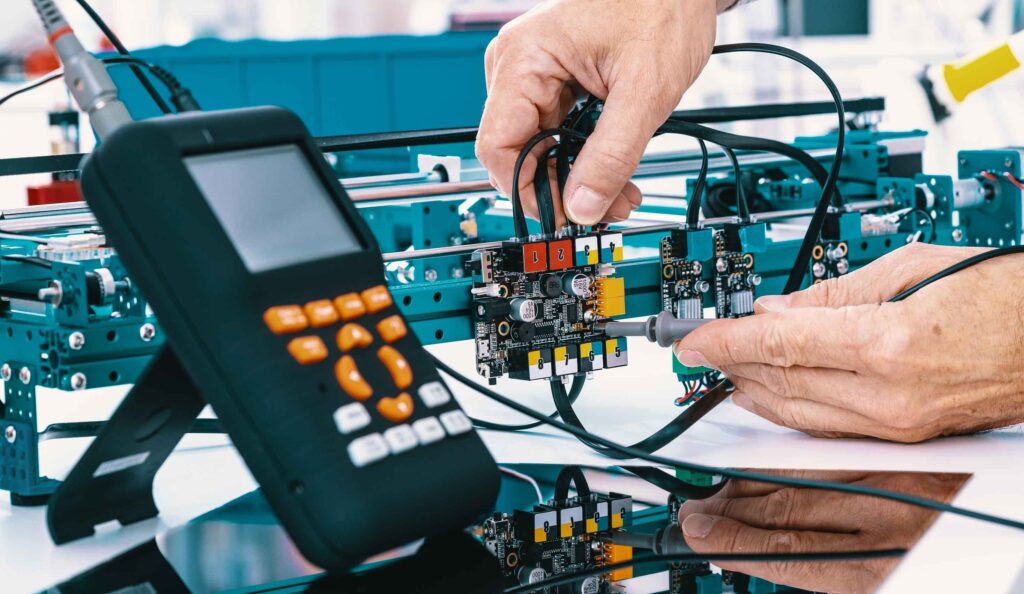IMC Technicians
These skilled professionals are the backbone of successful IMC systems. Their responsibilities include:
- Installation and commissioning: Setting up and calibrating sensors, controllers, and other equipment.
- Maintenance and troubleshooting: Ensuring proper operation of the system through regular maintenance and repair of equipment.
- Data analysis and interpretation: Monitoring and analyzing process data to identify trends and potential issues.
- Reporting and documentation: Maintaining accurate records of system performance and activities.




